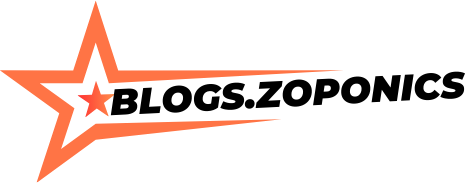French cuisine is renowned for its elegance, sophistication, and emphasis on quality ingredients. From the flaky perfection of croissants to the rich flavors of coq au vin, French dishes offer a delightful culinary journey. Let’s explore the key elements of French cuisine and discover the secrets behind its enduring appeal.
The Essence of French Cuisine
French cuisine is characterized by several key principles:
- Fresh, High-Quality Ingredients: French chefs prioritize the use of the freshest, seasonal ingredients.
- Simple Preparations: While French dishes can be elaborate, the focus is often on showcasing the natural flavors of ingredients with minimal manipulation.
- Balance of Flavors: French cuisine emphasizes a harmonious balance of sweet, sour, salty, and bitter tastes.
- Presentation: The visual appeal of a dish is just as important as its taste.
Classic French Dishes: A Culinary Journey
From hearty stews to delicate pastries, French cuisine offers a diverse range of dishes.
- Coq au Vin: This iconic dish features chicken braised in red wine with mushrooms and lardons.
- Bouillabaisse: A flavorful fish stew originating from Marseille, packed with seafood and vegetables.
- Ratatouille: A colorful and healthy dish made with roasted vegetables and herbs.
- Croissants: These flaky pastries are a beloved French breakfast treat.
- Macarons: Delicate meringue-based cookies with a ganache filling.
- Creme Brulee: A rich custard topped with a caramelized sugar crust.
French Cooking Techniques: Mastering the Basics
To recreate authentic French cuisine, it’s essential to master some fundamental techniques.
- Sautéing: Quickly cooking food in a small amount of hot fat.
- Braising: Slow cooking meat or vegetables in liquid over low heat.
- Roasting: Cooking food in an oven with dry heat.
- Baking: Cooking food in an oven with moist heat.
- Pâtisserie: The art of French pastry making, involving delicate techniques and precise measurements.
French Ingredients: Building Blocks of Flavor
French cuisine relies on a variety of high-quality ingredients.
- Butter: A key ingredient in many French dishes, providing richness and flavor.
- Flour: Different types of flour are used for various purposes, from bread to pastries.
- Eggs: Essential for baking, sauces, and custards.
- Herbs and Spices: Fresh herbs like thyme, rosemary, and bay leaves are commonly used.
- Wine: French wines are an integral part of French cuisine, both for cooking and pairing with food.
Pairing French Food and Wine: A Perfect Match
Wine plays a crucial role in enhancing the French dining experience.
- Red Wine Pairings: Bold red wines like Cabernet Sauvignon complement hearty stews and red meats.
- White Wine Pairings: Lighter white wines like Chardonnay pair well with seafood and poultry.
- Sparkling Wine Pairings: Champagne or Crémant can be enjoyed as an aperitif or with seafood.
French Culinary Traditions: Beyond the Plate
French cuisine is deeply rooted in culture and tradition.
- The Importance of Bread: Bread is a staple of the French diet, enjoyed with every meal.
- Cheese and Wine: A classic combination that embodies the French art de vivre.
- Café Culture: Enjoying coffee and pastries at a café is a cherished French tradition.
- Seasonal Eating: French cuisine emphasizes the use of fresh, seasonal ingredients.
By understanding the core principles of French cuisine, mastering essential techniques, and exploring a wide range of dishes, you can embark on a culinary journey that celebrates the rich heritage and timeless elegance of French gastronomy.






